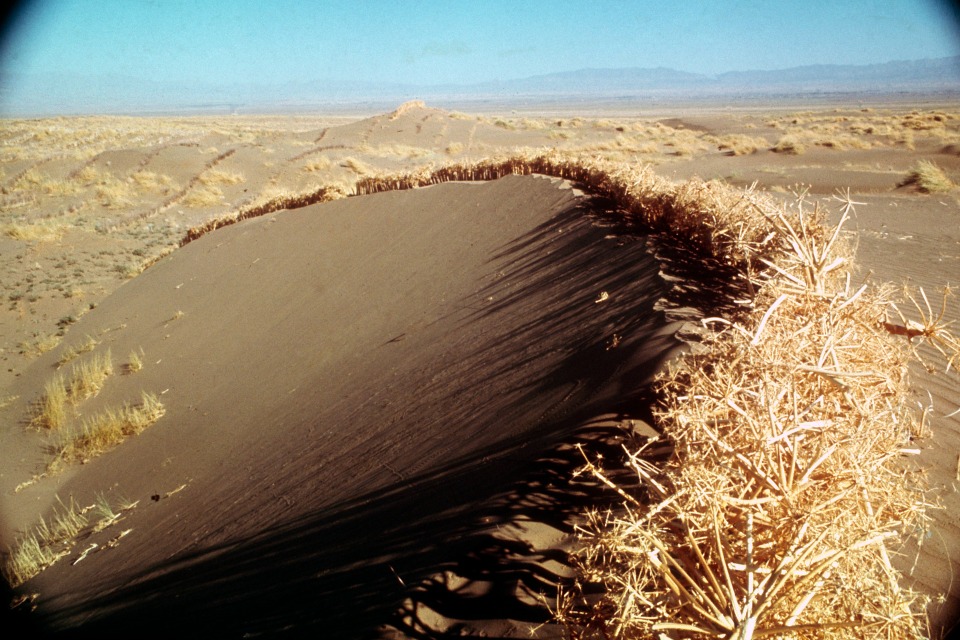"These actions show that Iran chooses to complicate, not extinguish, a conflict that has persisted for far too long."
Statement by Ambassador Matthew Rycroft, UK Permanent Representative to the United Nations, on Iran.

Thank you very much Mr President,
Actually, I wanted to begin by paying tribute to you, Samantha, in your final appearance in the Security Council. Throughout all of my time here, you have been that hard pedalling dynamo that you have just described. You have been a tireless advocate, a passionate campaigner, a trusted ally, and a true friend. Thank you very much.
And you have shown an unrelenting personal commitment to tackle the most troubling issues… Syria, Ebola, the Central African Republic, human rights, and on all those issues and so many more you have grounded our diplomacy in humanity, bringing the voices of real people affected by those conflicts into this Chamber. Thank you very much.
In turning to Iran, let me join others in welcoming this second report on the implementation of resolution 2231 and I thank our briefers for their remarks just now. And I’d also like to welcome you, Sebastiano, to your new role as facilitator.
You take on the role at an important time - we have a significant year ahead of us on the Iran nuclear dossier. But twelve months on from Implementation Day, I think it’s right, first, to look back at how far we have come.
We have seen Iran remove 13 thousand centrifuges, as well as associated infrastructure, and eliminate its stock of 20 per cent enriched uranium. We’ve seen the possibility of Iran acquiring nuclear weapons disappear for over a decade.
We have seen Iran work with us and our E3+3 partners in the Joint Commission and the working groups established under the deal – and we are pleased that the procurement channel, established for the export of nuclear-related goods and services to Iran, is fully functional. Applications are being approved, confidentiality is being respected, and we hope to receive applications from many more countries over the coming year.
And in turn, we’ve also seen economic prospects improve in Iran, with UK exports, for instance, to Iran growing by 42% in just 9 months last year. We remain committed to ensuring that trade continues to grow to the tangible economic benefit of the Iranian people under the Joint Comprehensive Plan of Action. The second phase of sanctions lifting, which will commence a maximum of eight years after Implementation Day provides a further incentive for Iran to comply with the deal, but we remain committed to ensure those sanctions which remain in place continue to be enforced robustly.
Away from the nuclear file, Iran continues to play a destabilising role in the region. This is most clearly seen in Syria. Iran has failed to uphold its obligations under international humanitarian law in Syria. For instance, failing to allow the delivery of humanitarian aid into eastern Aleppo as it was besieged.
So we need to recognise the fundamental tension in Iran’s engagement with the world. On the one hand, through the Iran deal, they were part of an indisputable diplomatic success; one that degraded a significant threat to the region. And yet on the other, we need only look to the victims of Aleppo to see how Iran’s engagement in the region remains so often misguided.
Iran continues to provide substantial military and financial support to Hezbollah and the Syrian regime. As the Secretary-General’s report makes clear, the leader of Hezbollah stated that Iran supplies all their weapons and missiles. Senior Iranian individuals, listed under resolution 2231, continue to flout the travel ban imposed by this Council, with Major-General Soleimani pictured in Aleppo in September in a show of support for the Syrian regime.
These actions show that Iran chooses to complicate, not extinguish, a conflict that has persisted for far too long. And that is simply not the way to build our confidence.
Iran must take clear steps to improve its engagement it the region this year. We welcome the latest IAEA report which confirmed that Iran continued to comply broadly with its nuclear commitments. And we expect Iran to continue to do so this year.
But in order to benefit fully from the lifting of UN, EU and US sanctions, Iran must build that confidence among the international community and show that it has changed its disruptive behaviour in the region.
So it’s vital that Member States continue to enforce the sanctions regime by acting on and reporting all suspected violations. We echo the Secretary-General’s call for all Member States to take the necessary measures to prevent entry or transit of Iranians subject to travel bans. We also urge Member States to consider whether exporting arms to Iran is in the best interests of the region.
In addition, we remain concerned by Iran’s ballistic missile programme and we urge all Member States to continue to enforce the sanctions regime on ballistic missile technology, and to act on and report all suspected violations.
Mr President,
As one of the architects of the JCPOA, the United Kingdom remains committed to ensuring that the Iran deal is a success.